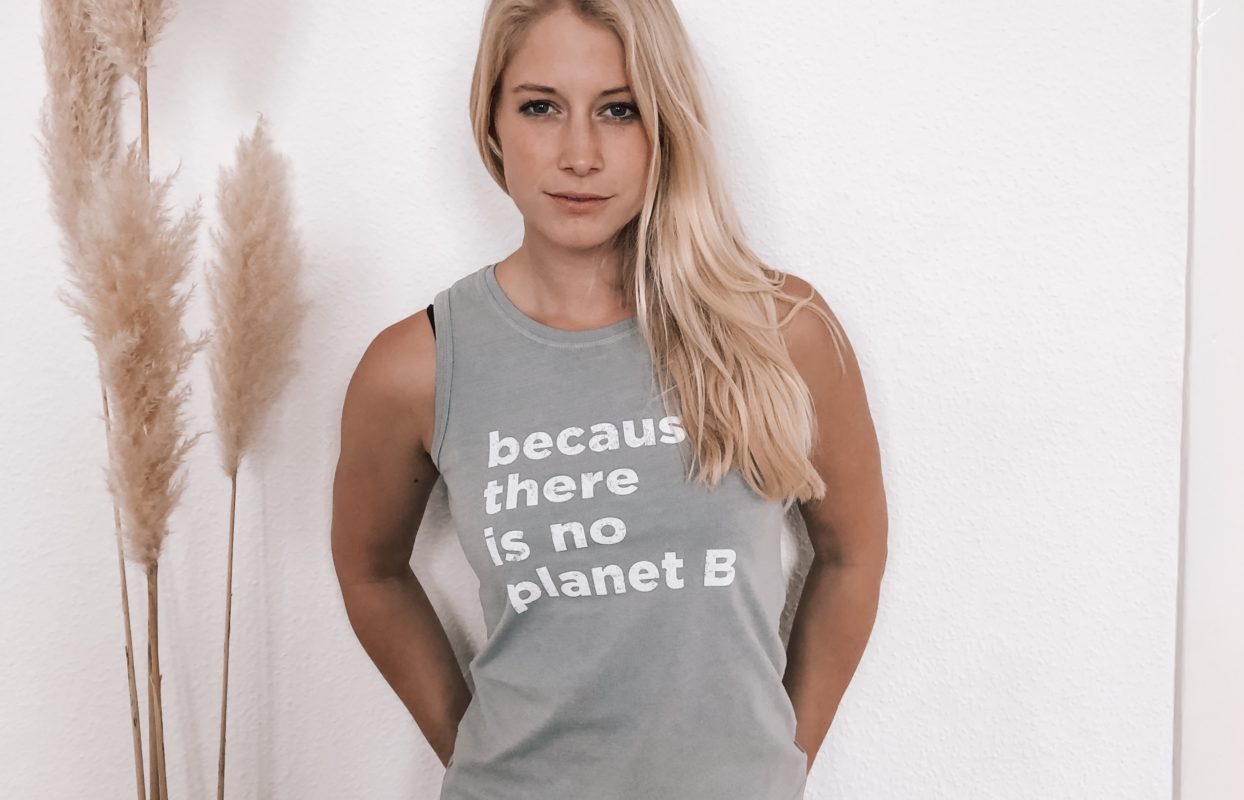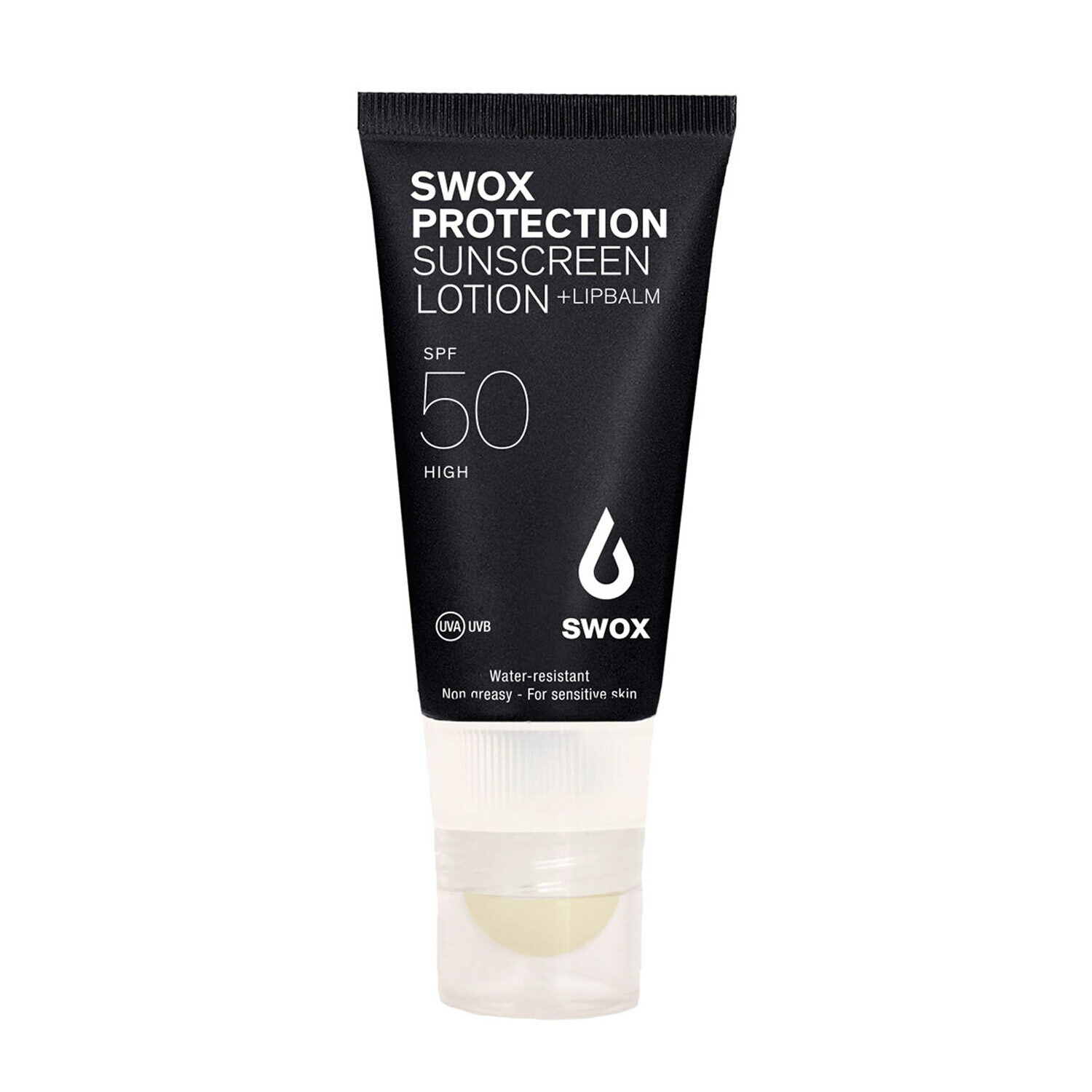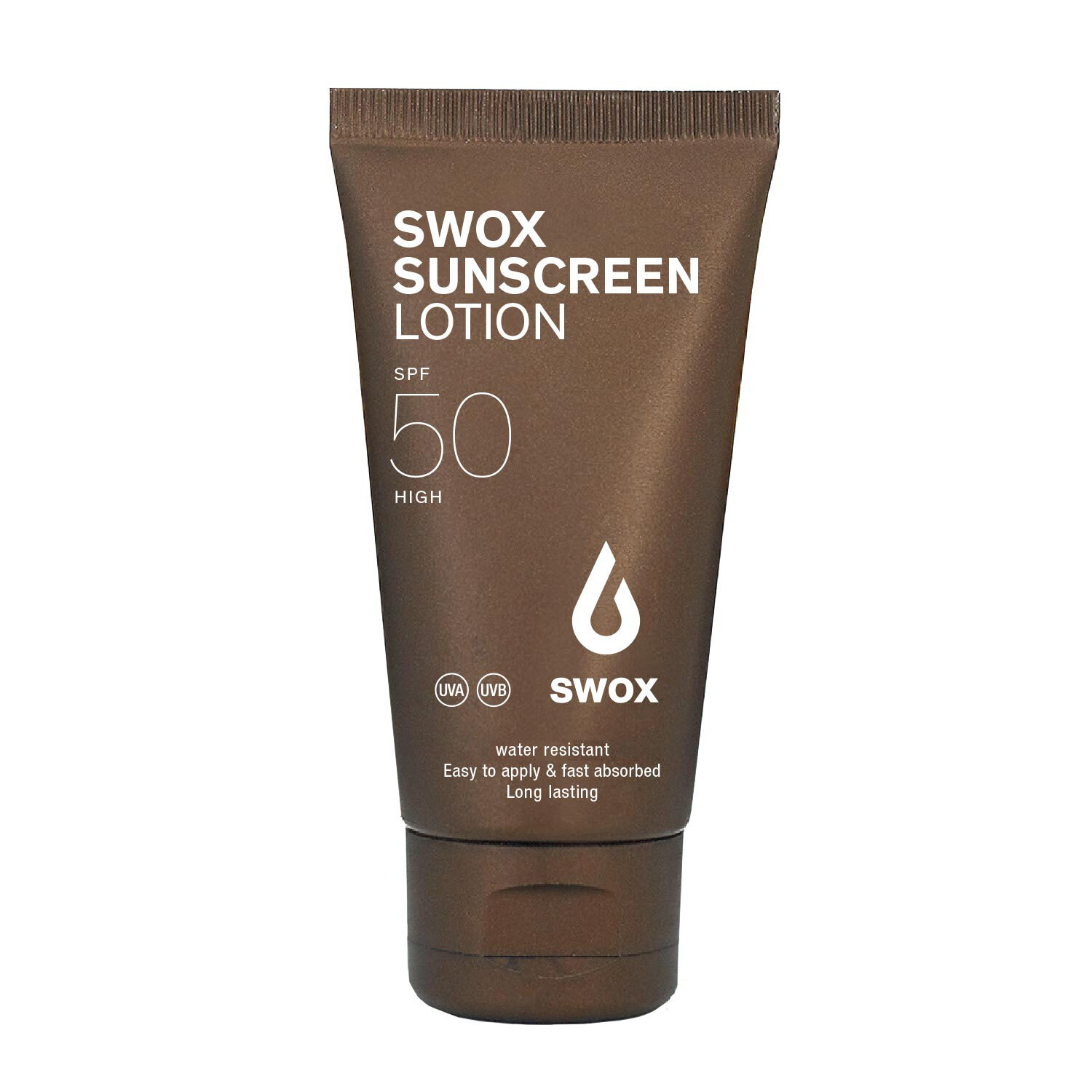Impact
Keep our water clean – Top 6 Ideas
Parley with SWOX Elite Member and Civil Engineer Ann-Kathrin Burmann
Wastewater treatment plants are the backbone of our water cycle. On a daily basis we flush pollutants of all kinds down the toilets, our sinks and streets into the sewer lines. The municipal water resource recovery facilities remove the contaminants from the water so it can be recycled for other purposes. Model, kitesurfer, wakeboarder, runner and Civil Engineer Ann-Kathrin Burmann fights for more awareness about drinking water, wastewater treatment and sustainability.

She is what you would nowadays call an “influencer”, but she “influences” her followers in a very unique way: Aside from her career as a model and Instagram personality, she is also a Civil Engineer with the City of Berlin, Germany. Her once solely fitness and modeling account on Instagram took a twist when she started reporting about matters that really bothered her during her daily job at the municipal waterworks in Berlin. Now she’s famous for educating people about sustainable water usage, wastewater management and water reclamation in a very innovative and catchy way!
Ann-Kathrin’s SWOX favorites:
Instagram is your main communication platform. Why do you think this is such a good channel?
A picture is worth a thousand words. Therefore pictures and videos are so much more captivating than a long text to explain something that matters. First I used Instagram only as a private platform. But as a model it’s always necessary to show your portfolio. When I first started modelling 12 years ago, you had to have a printed model book. Internet and social media became more and more important and now the casting agencies want to have a look at your Instagram instead of your model book.
My Instagram was a classic model portfolio and I wanted to separate my modelling and my engineering job. But at one point the rake at the wastewater treatment got clogged. Blockages with wipes, condoms, tampons and other trash like this happen pretty often. I kept asking myself, why people are so stupid to keep throwing these into the toilet. It made me so angry!
Most people in the western world are highly educated in terms of sustainability but don’t care about their drinking water and their wastewater. They don’t spend a single thought about our most important elixir of life. I started to record an Instagram story about the clogged rake to show some behind the scenes footage of a wastewater treatment plant. Well, I got hundreds of messages that the content was very cool, so I started to create more.

LET’s talk about what’s on your plate – Do you eat vegetarian or vegan? we just talked about this topic in this blog too. What’s your take on it, especially AS an athlete & environmentalist?
Climate change is real and I think we all have to rethink and be more aware about our daily life and consumption. I am not a nutrition expert yet. So my take on this at the moment is to ask friends who are experts, whenever I have questions. Eating meat has a bigger impact than flying or driving a car. I started eating less and less meat and if I do, buying sustainably sourced meat. I have two jobs, which means that I travel a lot and I am also burning a lot of calories. Therefore now I am learning more about new recipes and ingredients to prep easy meals, so I can get my proteins with without eating too much carbs or fats on-the-go.
One thing I’ve learned is that you also have to listen to your body in terms of what is good and what isn’t. For instance my body is still not used to big amounts of soy. Changing your nutrition habits is definitely a process and can’t happen over night. Currently I’m eating meat twice a week and I have no Idea if I end up as a vegetarian or vegan – we will see.
as a civil engineer at berlin’s waterworks, you talk a lot about drinking water, sewer management and the sustainable use of water in general. can you narrow it down to the most important facts for us?
First of all water is a very, very locally sourced good. The extraction, hydraulic system, and also the treatment are different in each city or region. My goal is for people to be more aware about their water and wastewater.
Top 6 ways to keep our drinking water clean

The quality of tap water here in Germany (and most parts of Europe) is fantastic. There is absolutely no reason to buy bottled water, especially plastic bottles. I can’t believe that the marketing campaigns are so strong that people still buy bottled water at all.

…so no wipes or other trash, like condoms, cotton swaps, drugs or tampons. Nowadays, the water levels in our pipes are much lower thanks to us saving water through dishwashers, water saving toilets etc. That’s something positive, but we have to keep in mind now that everything we put down the drains gets transported to the treatment plant through water.
When water levels are lower, the transport becomes more difficult in general. Some of these things clog the pumps and pipes and in case of a more severe rainfall the hydraulic system gets overloaded. Long story short, at some point the only open exit is the emergency exit, which means the wastewater, including all the pollutants, runs straight into the next lake, river or ocean.

Instead go for natural or at least organic alternatives! Also think twice when you are on vacation in a remote area or on an island, where there is no wastewater treatment plant anywhere close – “Does my hair really need a conditioner now or can I wait a few days?”

Besides containing plastic, they contain toxins, which are easily washed out and thus pollute soil and water. When it rains, the entire butts get flushed down the sewer line and are very hard to get rid off in the treatment plant. And in case of heavy rainfalls and overflowing, they will also go straight into the next river or lake, like I mentioned with other trash before.

Fat from pans or dishes clog the sink, but also pipes and the sewer. They therefore have to be cleaned manually. During the holidays the treatment plants regularly reach their limits. Pre-clean your pans and dishes with old newspaper pages or collect liquid fat in jars and put the jars in the trash.

Some sweeteners can be eliminated in the treatment plant but a lot of can’t. The same is true for medicine by the way. For example we can eliminate Ibuprofen but not Diclofenac. That said, you take medicine for a reason, but sweeteners are a choice.







